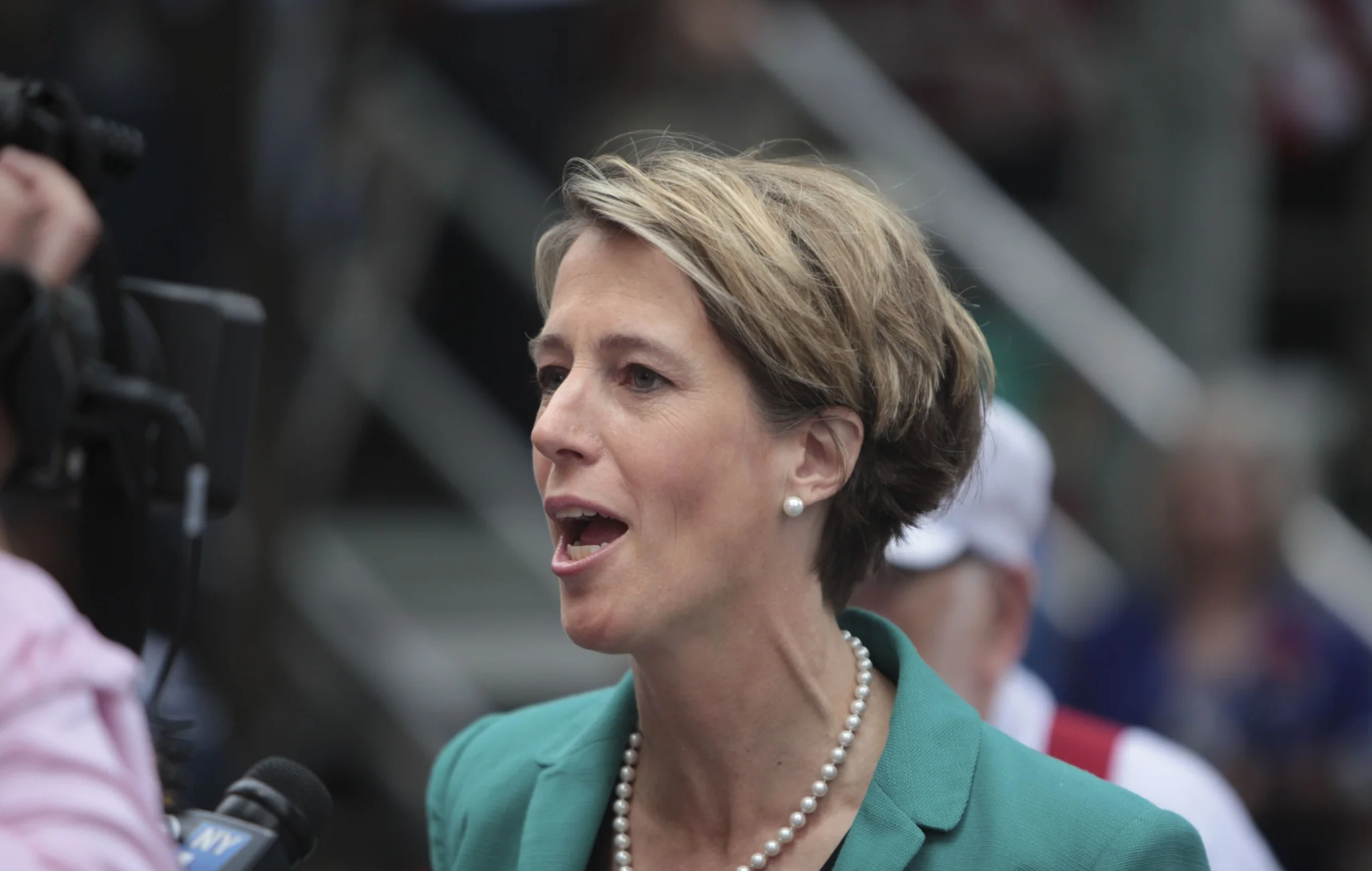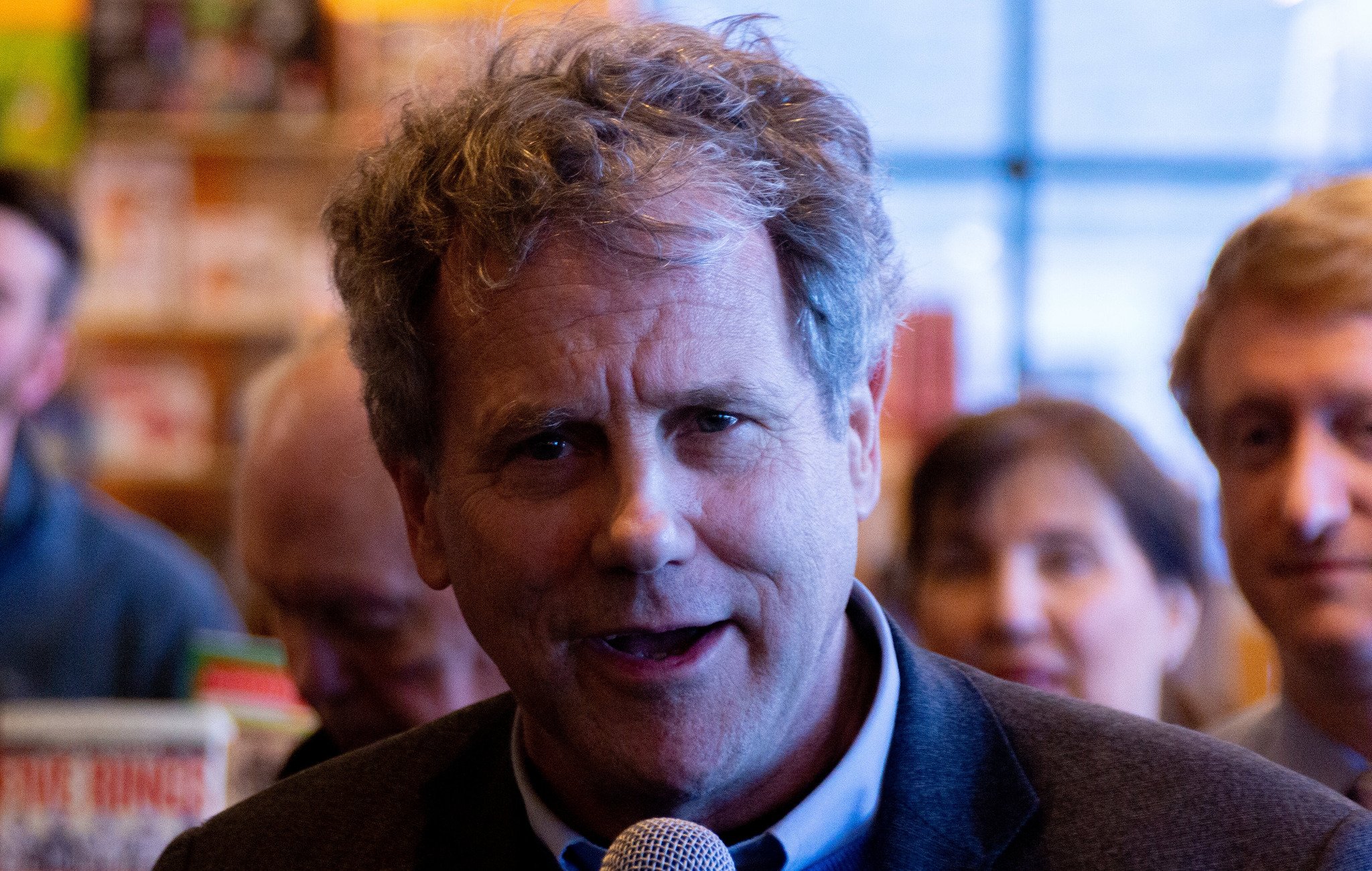Free Trade
|
What Is the Jones Act—and Can It Be Fixed?
The Jones Act has been a staple of the American political landscape for over one hundred years. It has also created many unintended consequences.
|
Who Really Sets Tariffs—and How?
In this Explainer, we’ll seek to understand what tariffs are, who gets to set them, and under what conditions.
|
Understanding Trade Balances and What to Do About Them
Prior to 1976, the United States experienced modest trade surpluses. Since then, the US has seen nothing but trade deficits.
|
Resource Allocation: Why You Can’t ‘Just Ignore the Economists’
“Rather than paying with money, those in search of scarce goods people will pay with their time and effort.” ~David Hebert
|
Tariffs ‘Protect’ Insiders, While Americans Pay the Price
“The best way to address unfair trade practices is not through blanket tariffs but by expanding trade with allies and non-hostile nations.” ~Vance Ginn
|
Regulatory Burden Falls Hardest on the Poor
“Occupational licensing — the costly requirement of a license to be engaged in a particular profession — has grown massively in recent decades. Many of the new regulations fall on low- and medium-income professions.” ~Vincent Geloso
|
‘Trivial’ Tariff Would Cost the Poor Billions
“If the de minimis exemption were eliminated, people living in the poorest zip codes would face average tariffs of 12.1 percent.” ~Bryan Riley
|
Industrial Policies Aren’t Working
“If other governments insist on harming their countries’ economies with such interventions, that’s their business. We can pity the citizens of those countries.” ~Donald J. Boudreaux
|
Do EV Producers Need Taxpayers’ Protection?
“Protectionist subsidy of American EV producers necessarily diverts resources away from other industries in the US. What is the value of the production that declines in America because of EV protection?” ~Donald J. Boudreaux
|
Ruminations on Income Inequality
“Many of today’s low-income workers will be tomorrow’s middle-income workers; and many of these workers will be among the country’s highest-income earners sometime in the future.” ~Donald J. Boudreaux
|
On America’s ‘Trade Deficit’ With China
“The negative connotation conveyed by the term ‘trade deficit’ is so very useful to the protectionist cause that protectionists seem to have no interest in getting their — or their audiences’ — thinking straight about this concept.” ~Donald J. Boudreaux
|
GOP Trade Platform Would Penalize Forgotten Americans
“The GOP platform calls for new Buy American restrictions, but this is just warmed-over Bidenomics. The Peterson Institute calculates that Buy American measures cost US taxpayers $94 billion in 2017.” ~Bryan Riley











